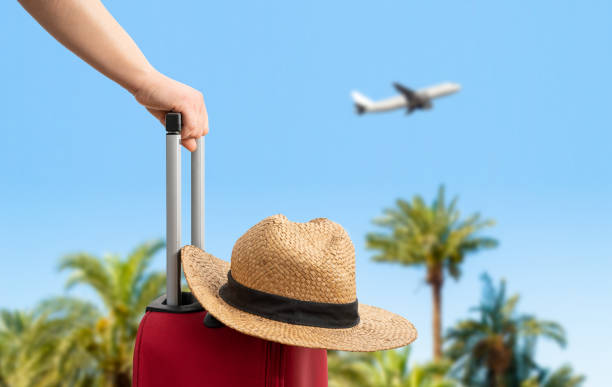Traveling is an exciting adventure that opens up a world of new experiences and cultures. However, it can also be stressful due to the numerous tasks involved such as planning, packing, dealing with travel delays, and adjusting to different time zones. This article provides a wellness guide on how to travel stress-free.
The first step towards stress-free travel is planning. Planning involves researching your destination, booking accommodation and transport in advance, preparing an itinerary of activities you want to do while there, checking visa requirements if traveling internationally among other things. By having all these details sorted out before your trip begins reduces anxiety related to uncertainty or last-minute rushes.
Packing is another critical aspect of traveling that can cause stress if not done properly. To avoid this, start packing early and make a checklist of all the essential items you need for your trip such as clothes suitable for the weather at your destination, toiletries, medication and important documents like passport and tickets. Packing light will save you from lugging around heavy luggage which can be physically straining.
Stress during travel can also arise from unexpected delays or changes in plans such as flight cancellations or missed connections. While some situations are beyond our control, we can manage our reactions by staying calm and flexible. Having contingency plans like knowing alternative flights or routes just in case something goes wrong will help keep stress levels down.
Adjusting to different time zones when traveling across continents can disrupt sleep patterns leading to jet lag which contributes significantly towards travel-related stress. To mitigate this effect try adjusting your sleeping schedule few days prior departure according to the time zone of your destination; stay hydrated during flight; avoid alcohol or caffeine close to bedtime; expose yourself to natural light upon arrival at destination etc., all these strategies help reset body’s internal clock thus minimizing effects of jet lag.
Maintaining healthy habits while on the go is equally important for managing stress during travel. Eating balanced meals instead of fast food options available at airports or on the road, staying hydrated, getting enough sleep and engaging in physical activity like walking or stretching during long flights can significantly improve your mood and energy levels.
Lastly, remember to enjoy the journey as much as the destination. Traveling is about experiencing new cultures, meeting new people and creating memories. Instead of worrying about what could go wrong, focus on immersing yourself in the experience.
In conclusion, stress-free travel is achievable with proper planning and by maintaining healthy habits. It’s all about adopting a positive mindset and being flexible when things don’t go according to plan. So next time you’re heading out for an adventure remember these tips for a more enjoyable and less stressful trip.


